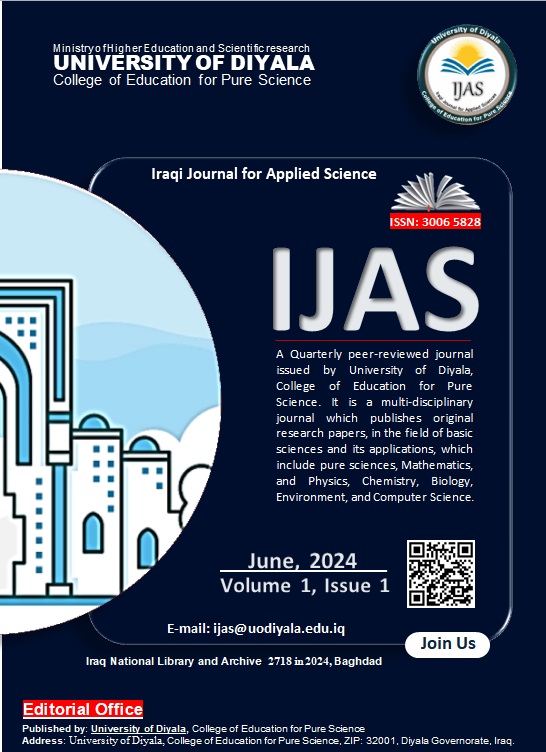Abstract
The study used Message Passing Interface to build a novel approach for forecasting memory leaks in HPC systems. Addressing resilient challenges the introduction focused on HPC and Messages Processing Infrastructure in system communication management. Throughout the article, it was stressed that memory leaks must be found and fixed rapidly to maintain system reliability. A greater inquiry was performed on using machine learning to identify memory leaks in HPC systems. The proposed approach involves collecting and preparing data from MPI-based high-performance computing (HPC) systems, training trained classification models for finding memory leak designs, and evaluating model performance employing appropriate indicators. To predict, the decision tree and Random forest algorithms, support vector machine models, and the AdaBoost underwent analysis. The technique included MPI metrics, feature engineering, and model training. Several algorithms helped diagnose memory deficits, but Random Forest worked best. The data and analysis showed these methods were helpful. The study found that decision tree (DT) as well as random forest (RF) algorithms could effectively diagnose and categoriesmemory deficits with near-perfect accuracy. Random Forest methods are consistently better than baseline methods, with F-scores of 0.97 to 1.0 on the two systems. Although the baselines were finished, their F-scores may range from 0.89 to 0.97. The Random Forest technique comprised several parameters, each of which affected classification accuracy. The Random Forest approach selected the most important attributes using CPU and memory use statistics
